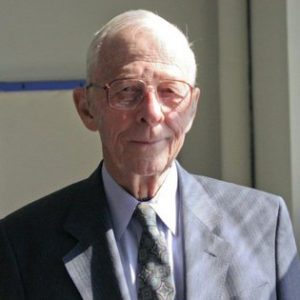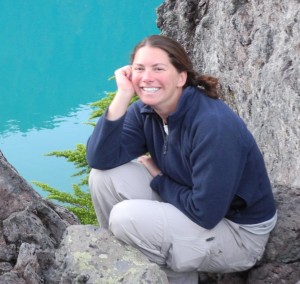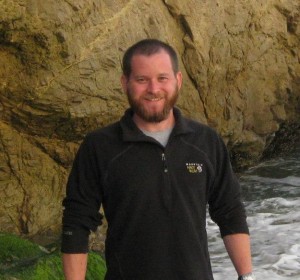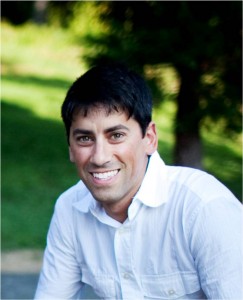All MSoE alumni are aware that Middlebury College set for itself a goal of becoming carbon neutral by the end of 2016. The campus sustainability and renewable energy tours we include in the curriculum emphasize the initiatives that we launched in pursuit of that goal.
And you are all probably aware that we officially reached that goal with the certification of the carbon sequestration on our land that is now guaranteed through the creation of a permanent conservation easement on Bread Loaf land in the Green Mountains.
This is a big achievement, and there are so many narratives related to leadership and environmental engagement wrapped up in this overall story that it’s hard to know where to begin. First of all, the goal itself was the product of a student group who not only dreamed it up but conceived the college trustees to adopt the vision based on an equal mix of passion and a compelling plan for accomplishment. Never doubt that you — as individuals or as a small group — can bring about change.
Each step along the way, described quite well in a recent article written by Nathaniel Wiener for our friends at Planet Forward, was its own massive undertaking, involving technology (the biomass plant), educational outreach (energy efficiency), creative ideation on energy diversification and resiliency (solar and biomethane energy infrastructure), and land conservation and law (carbon sequestration on permanently conserved forestland). Each is a story all on its own (which I hope to describe in the future), but taken together indicates that large goals can be achieved through the combination of several smaller steps.
Now that carbon neutrality has been achieved here, the obvious question is “What comes next?” Carbon negativity? Local food systems engagement? Fossil fuel divestment? Zero fossil fuel use? The possibilities are great. And for any one of them, we know from experience that there is a path forward to success.



